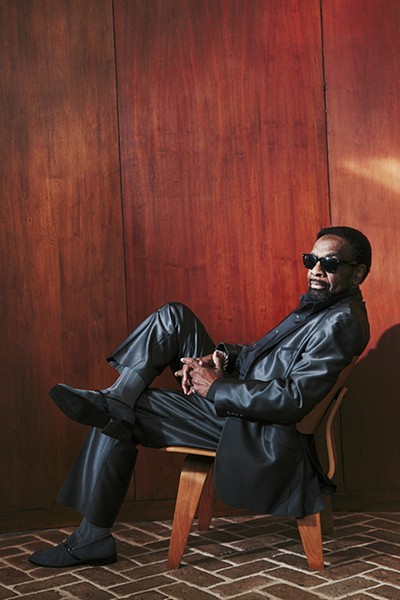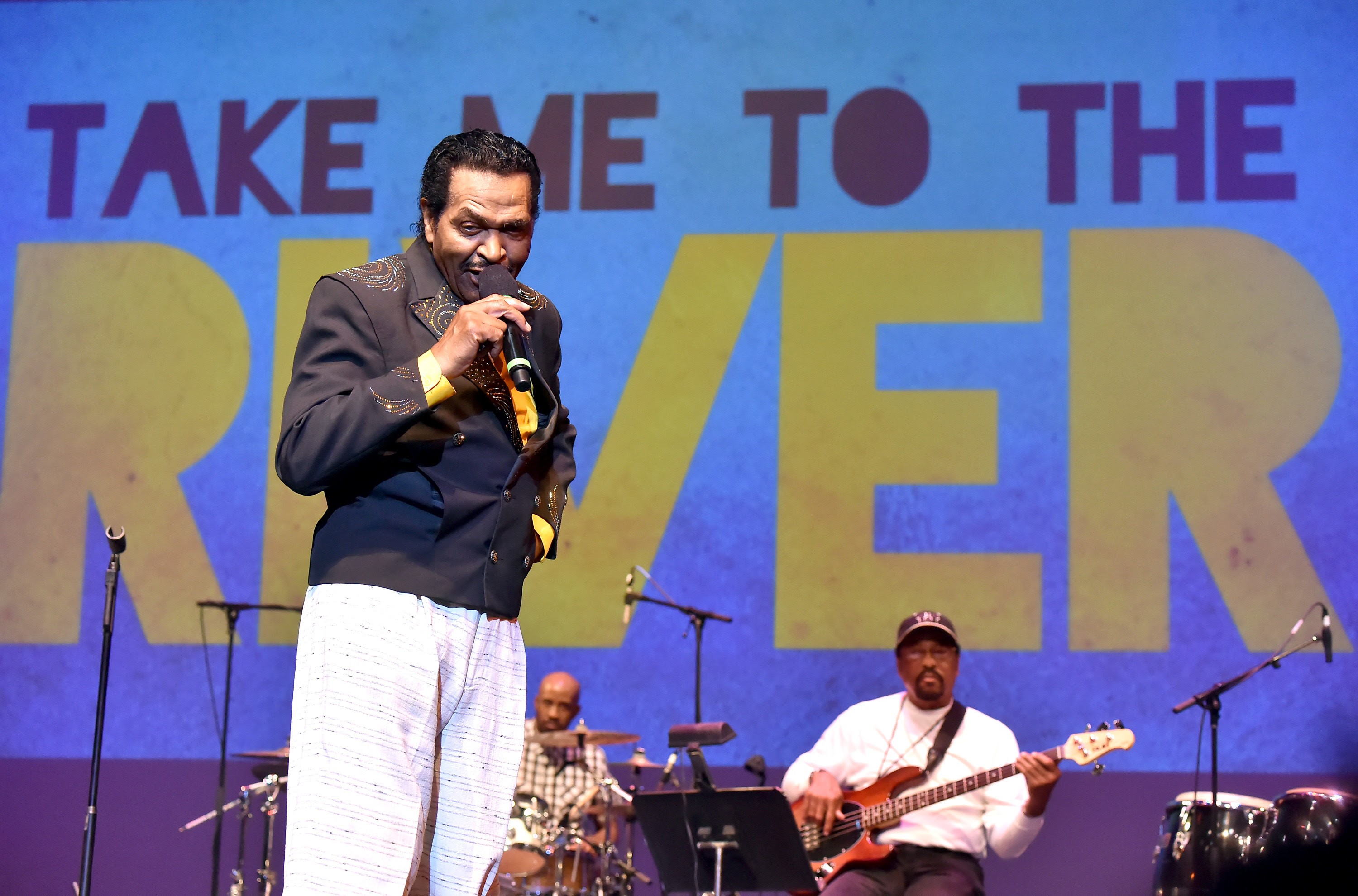 David McLister
David McLister
William Bell
The legacy of Stax Records lives on. In the latest national recognition of a Stax-affiliated artist, William Bell, one of the first (and also one of the most recent) hit-makers for the soul label, was named a National Heritage Fellow last week by the National Endowment for the Arts’ Folk and Traditional Arts program.
As noted on the NEA’s website, “This is the country’s highest honor — a lifetime achievement award — for folk and traditional artists whose life’s work includes both artistic excellence and efforts to sustain cultural traditions for future generations.” Folk and Traditional Arts director Clifford Murphy has described folk art as “something learned knee-to-knee,” by way of noting that all nine recipients of the Heritage Award are exemplary mentors as well as inspired artists.
Memphis native William Bell, based in Atlanta for many years, has certainly excelled at both. As for being an inspired artist, there’s no question that his songs — either for his own records or for others’ — have helped to define soul music. From “You Don’t Miss Your Water,” a hit for Stax in 1961, to duets with Judy Clay like “Private Number,” to the genre-spanning blues hit, “Born Under a Bad Sign,” which Bell co-wrote with Booker T. Jones for Albert King, he’s proven his mettle repeatedly. The Grammy for Best Americana Album he won in 2017 only cinched his status. And yet, as we chatted recently, it was clear that his artistry was only part of the picture.
The 2014 film Take Me to the River was premised on pairing classic soul artists with contemporary rappers, as they recorded new interpretations of old-school gems at Royal Studios. Bell, for example, recut “I Forgot to Be Your Lover” with Snoop Dogg. Since then, director Martin Shore has leveraged its publicity to underwrite an educational initiative that’s becoming widely adopted. And of course, Bell participates regularly in workshops with students at the Stax Music Academy. Clearly, William Bell is thinking ahead.
Memphis Flyer: Did you have any inkling you’d be named a National Heritage Fellow?
William Bell: I wasn’t expecting it. My management, a couple weeks before the announcement, informed me that I was nominated to be selected. But I didn’t think I would win it. It was a total surprise to me. And I was just overjoyed, being in great company. It’s a high honor. I feel very blessed and humbled.
You’ve done a lot of work with the Take Me to the River Educational Initiative and the Stax Music Academy. Did that factor into your selection?
I assume that was a lot of it. We work with a lot of different groups. We work with the Berklee College of Music also, and the New York School of Music. I think a lot of that would have been part of the reason I was selected.
[pullquote-1] You’ve really thrown yourself into this kind of public service work.
I feel very fortunate to have come up and had the success that I’ve had, as far as a career, for so long. And my health is still good. So I think it’s time to give back and help the youngsters along, and teach them the importance of music itself.
So that’s what I strive to do. Give them as much wisdom and foresight as I can, into a career in music, or just being creative in whatever the arts are. Because that’s a gift for all of us.
Do you have specific plans on how to use the $25,000 grant that comes with the fellowship?
Oh yeah! It’ll be put to good use. I work with a lot of kids here in Atlanta. I have a production company and a studio, so I work with kids here. And I’m working still with the Stax Music Academy and Soulsville over there, and with the Take Me to the River Educational Initiative. So I will be putting it to good use. We’re recording and teaching kids here in Atlanta. Trying to get them started on the right path.
You recently did a webinar on Take Me to the River with Martin Shore, Boo Mitchell and former Stax president Al Bell, subtitled “A Movement of Social Consciousness.” What were some of the ideas you explored?
I’ve done about three or four of these with Martin. Just keeping busy, trying to pass the torch along. The times are amazing. I’ve lived through the upheavals and the things we’re going through now, for many years. It’s just amazing that we’re still going through the same identical things that we went through in the ’60s. When you realize that people have given their lives, protesting and dying for so many years. … We try to make people aware of how to get along, how to live together on this planet as one human species, in songs, because that’s what we’ve gotta learn to do. And we’ve got to be open and honest with our dialogue. And find some common denominator and solution to this problem of bigotry and hatred and inequality in our society.

 David McLister
David McLister